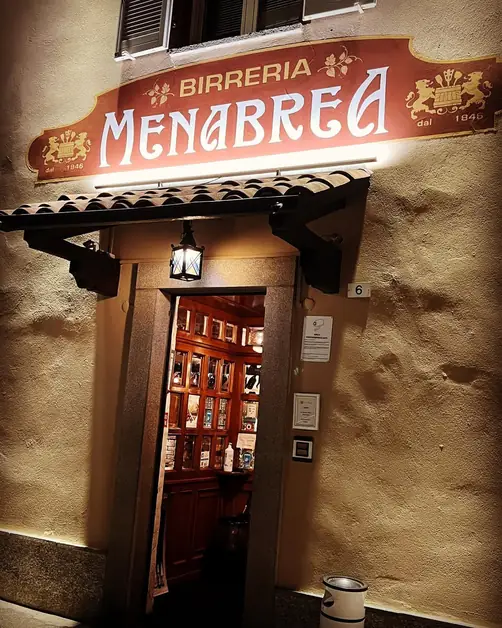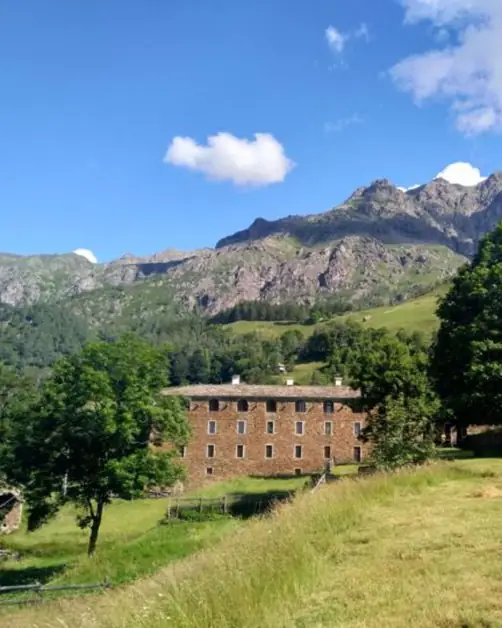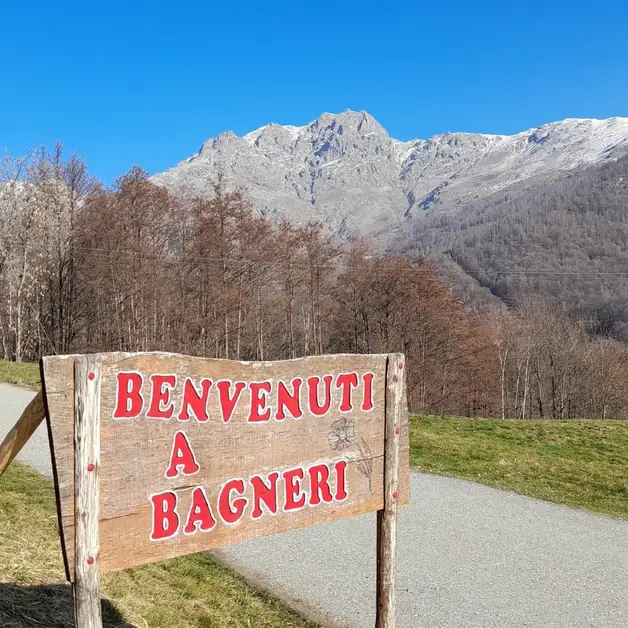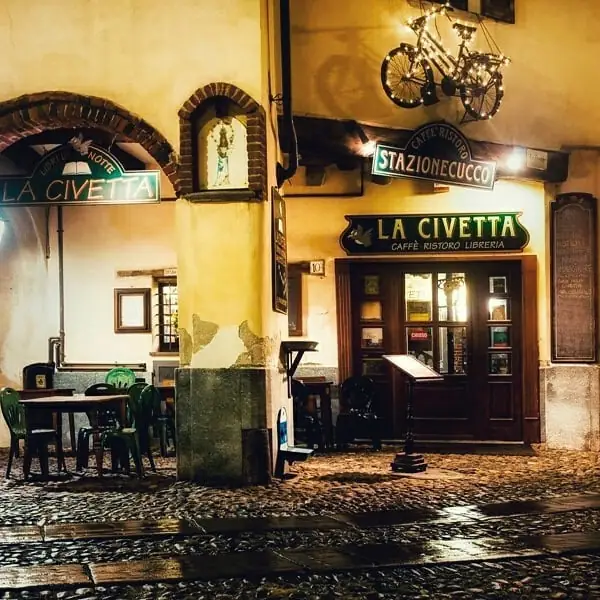The fascinating history of Birreria Menabrea in Biella
Birreria Menabrea is the oldest active brewery in Italy, a symbol of Piedmontese artisanal excellence.

What is the Birreria Menabrea in Biella?
The Birreria Menabrea in Biella, located at Via Ramella Germanin 6, is the oldest brewery still active in Italy and represents a symbol of Piedmontese artisanal excellence. Founded in 1846, it is a place where history, tradition, and passion for beer have come together for almost two centuries. Its fame is linked not only to the quality of the beers produced but also to its long and fascinating history, deeply intertwined with that of the Biella territory.
When and how did the Birreria Menabrea begin?
The history of the brewery begins in 1846, thanks to G. Welf from Gressoney and brothers Antonio and Gian Battista Caraccio, who opened a small beer production workshop in Biella. Their idea was clear: to use the pure water coming from the Oropa mountains, already renowned for its quality and also used by the local wool industry. This water, low in minerals and naturally clear, was perfect for producing a beer with a fresh and clean taste.
Who was Jean Joseph Menabrea?
In 1854, the brewery was rented to Jean Joseph Menabrea and Antonio Zimmermann, two entrepreneurs from Aosta who were already partners in the Zimmermann brewery. Ten years later, in 1864, the two decided to definitively purchase the factory for the sum of 95,000 lire, a considerable amount for the time. With the Unification of Italy, Jean Joseph Italianized his name to Giuseppe Menabrea, and in 1872 the company G. Menabrea & Figli was officially born.
What beers did Menabrea produce in the beginning?
The first productions were of blonde beers like Pilsner and dark beers like Munich, two styles that marked a true revolution for the Italian brewing landscape. At the time, the technique of bottom fermentation was little known in Italy, but Menabrea saw its potential: thanks to this method, a clearer, more fragrant, and longer-lasting beer was obtained. This technical approach, combined with the use of the highest quality ingredients, helped make Menabrea beer a unique and highly appreciated product.
When did the first recognitions arrive for the Birreria Menabrea?
In 1882, Menabrea beers began to receive important national and international recognitions. In particular, Umberto I of Savoy appointed Carlo Menabrea, son of Giuseppe, Knight of the Order of the Crown of Italy for industrial merits and for the contribution made to the development of national brewing culture. From that moment on, the brewery consolidated its fame and became a reference point for the production of quality beer in Italy.
What is Menabrea's position in the Italian brewing landscape today?
Today, the Birreria Menabrea is an icon of the city of Biella and a historic brand of made in Italy. It is part of the Birra Forst group but retains a deeply artisanal soul. Production continues to take place in the same facility on Via Ramella Germanin, where traditional techniques blend with technological innovation to ensure maximum quality. Each bottle is the result of recipes passed down through generations and the use of Biella waters, among the purest in Europe.
What makes Menabrea beers unique?
Menabrea beers stand out for their elegance, balance, and purity. The main ingredients – selected barley malt, aromatic hops, and mountain water – are expertly combined according to slow and natural fermentation processes. Among the most loved beers are:
* Menabrea Original (blonde): light, fresh, and perfectly balanced, ideal for pairing with all kinds of dishes. * Menabrea Amber (amber): with a full and soft taste, caramel notes, and a enveloping body. * Menabrea Strong (pale double malt): full-bodied and intense, with a decisive and rounded flavor.
These beers embody Menabrea's philosophy: to combine tradition and innovation, respecting history while looking to the future.
Is it possible to visit the Birreria Menabrea?
Yes, visiting the Birreria Menabrea is a unique experience, recommended for anyone who wants to discover the history of Italian beer up close. The tour includes the historic production facilities, where you can admire the original equipment and discover all the stages of processing: from malting to fermentation, to bottling.
Inside the complex, there is also the BieMuseum, a museum space dedicated to the history of the brewery. Here, documents, photographs, antique bottles, advertising posters, and tools are displayed, telling the evolution of Menabrea and the Italian brewing world from the 19th century to today.
What does the restaurant of the Birreria Menabrea offer?
Next to the facility, the Birreria Menabrea also hosts a very popular restaurant among locals and tourists. The environment is welcoming and modern, with references to the brewery's history. The menu offers dishes from the Piedmontese tradition and specialties that pair perfectly with the different beers of the house. Among the most loved proposals are local cured meats and cheeses, homemade fresh pasta, grilled meat, and artisanal desserts made with local ingredients.
Each dish is designed to enhance Menabrea beers, creating balanced and surprising gastronomic pairings. It is the perfect place to spend an evening in company, tasting a historic beer in an atmosphere rich in charm and tradition.
What is the connection between the Birreria Menabrea and the city of Biella?
The Birreria Menabrea is much more than a company: it is an integral part of Biella's identity. A symbol of artisanal excellence, it has contributed to the economic and cultural growth of the territory. For the people of Biella, Menabrea is not just a beer, but a local pride that tells almost two centuries of work, innovation, and passion.
Even today, anyone visiting Biella cannot help but stop at Via Ramella Germanin, where it all began back in 1846. Entering the Birreria Menabrea means embarking on a journey through the history of industrial and artisanal Italy, breathing in the atmosphere of a place where time seems to have stood still.


